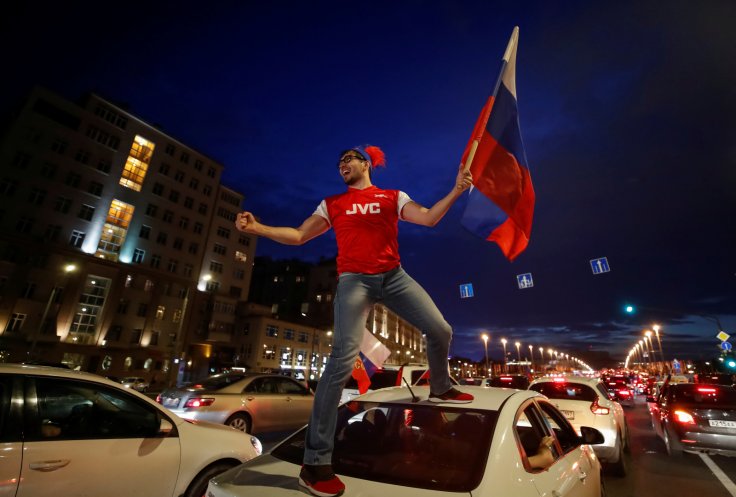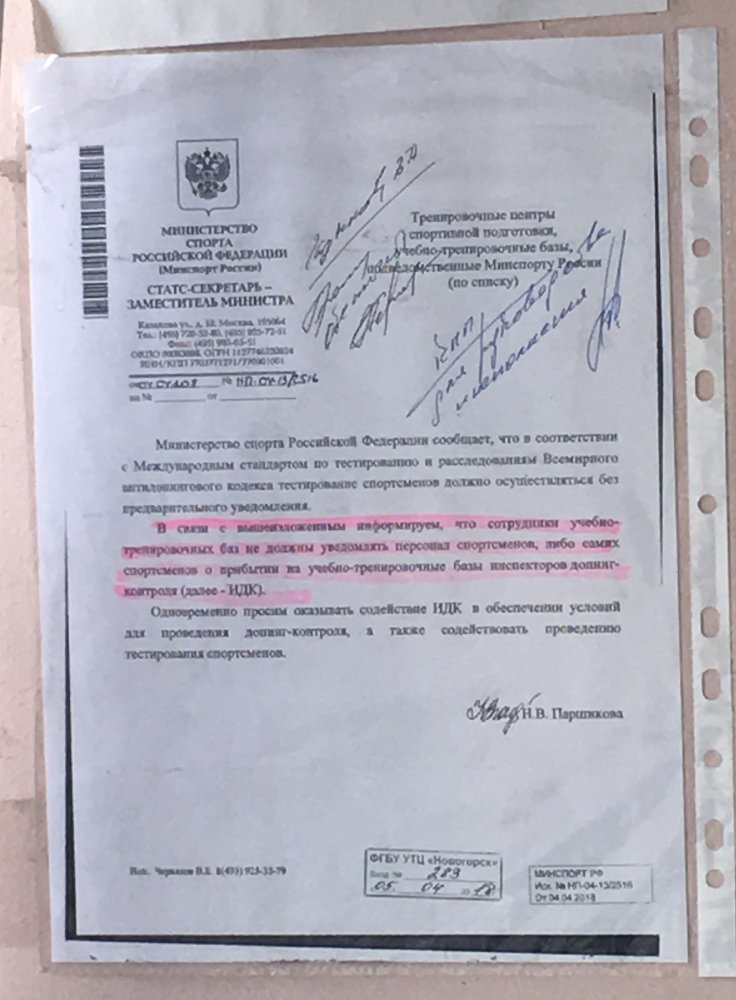
Football fans from all around the world have made changes to their daily routine to watch and support their favorite country in FIFA World Cup 2018, as the tournament is just not a series of games but an emotion for many. However, now the Russian World Cup event has become one of the most unexpected World Cup events after the early exit of top countries that has raised several uncomfortable questions.
After Germany's early exit in the group stage, top-ranked teams such as Portugal, Argentina, Poland and Spain have also been relegated from the World Cup which the fans did not expect. But, at the same time, the host country, Russia, started their World Cup journey with a bang beating all the expectations.
They won almost all the matches in the group stage, except the face off against Uruguay which was strategically a less important game for the Russians, as they have already collected enough points to be in the next round.
Stanislav Cherchesov's team have already earned the name "underdogs," given by football fans, after their high voltage match against 2010 World Cup winners Spain. Even though in the initial stages of the match, Spaniards scored their first goal, one mistake from Gerard Piqué gave Russians an opportunity to equalize the scoreline and ultimately it ended after a penalty shootout, which sent Spanish team straight back home.
Such an amazing performance in every match by a team like Russia, which was win-less in last six matches played before the FIFA World Cup, is commendable. As per the match records, in 2014 Russia's World Cup journey ended in the group stage. Then they played in 2016 UEFA Euro Championship, where they failed to cross the group stage after a draw with England and two defeats by Slovakia and the Wales.
Later in 2017, Russia participated in FIFA Confederation Cup, where they only won one match against New Zealand but lost both the games against Portugal and Mexico which showed their way out of the tournament. In recently played friendlies against Brazil, France and Austria, the hosts of the World Cup failed to score more than 1 goal and lost all those three matches.
But, the way Russia started their 2018 World Cup run, it is a kind of dream come true for their supporters. The 27-year-old Russian ace Denis Cheryshev has already made his way to the 2018 World Cup golden boot contenders' list.
Even though this could be a journey, which should be remembered, US Anti-Doping Agency chief executive recently raised serious questions on how Russia could violate anti-doping rules, the way it was alleged in the Sochi Olympics to enhance their performance.
As reported by The Guardian, Travis Tygart, the chief executive questioned FIFA for selecting a country like Russia which is still considered non-compliant by the World Anti-Doping Agency (WADA) due to their state-sponsored doping program.
As per the McLaren report, which was published in December 2016, investigators found that more than 1,000 Russian athletes in 30 sports including football players had been a part of this state-sponsored doping program.
In 2017, a sports documentary movie called Icarus, people have seen the whistle-blower and former director of Russia's Anti-Doping lab, Grigory Rodchenkov to reveal the truth behind Russia's doping scandal.
Keeping the doping allegations in mind, the Tygart even stated, "Unfortunately the weak and political decisions that the International Olympic Committee and Wada made in dealing with Russia has caused a lot of people to ask that question. We can't be naive when it looks like you can steal and not be held accountable."
"Remember the McLaren report that indicated that the minister's office told Rodchenkov to create a false positive for a Ukrainian athlete and that served the interest of Russia... Athletes have expressed their concern for the security around doping - and the possibility of getting a false positive that has been intentionally created to take them down. It is an environment that is really scary for athletes," he further added.
Even though Russia still rejects all the allegations about the state-sponsored doping program at Sochi Olympic event, Reuters reported on Monday, June 2 that an international memo, signed by Deputy Sports Minister Natalia Parshikova on April 4, was sent to the staff of national training centres for all the elite players.
The letter stated, "The employees of training bases must not notify athletes' staff or the athletes themselves of the arrival of doping control officers at the training bases."
When the sports ministry was asked about the memo, they replied that it constituted a reminder for the staff of these sports facilities to "comply with the requirements of international anti-doping legislation." But as the reports stated there, the memo doesn't show any sign what the official said.
Doug MacQuarrie, the chairman of the Institute of National Anti-Doping Organisations (iNADO) said that the letter actually stated that the government is asking for a better anti-doping practice.
In addition, he said that it "serves to reinforce the existence of a previous deliberate regime to undermine anti-doping and confound the sample collection process."
The head of Canada's WADA-accredited laboratory, Christiane Ayotte said, "It supports the theory that the rules were not respected when anti-doping control officers would arrive."
So, after all the rumours, investigation reports, statements made by people involved in the doping program, the question is, whether Russian football team is fair and clean or all the speculations are true.










